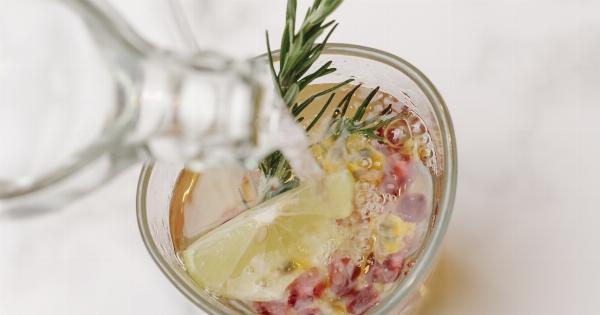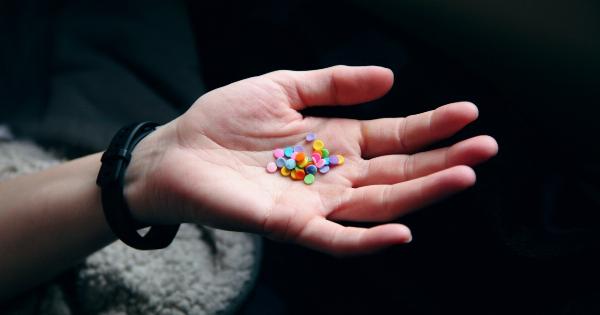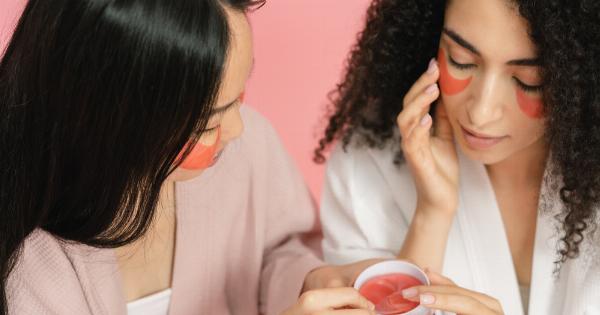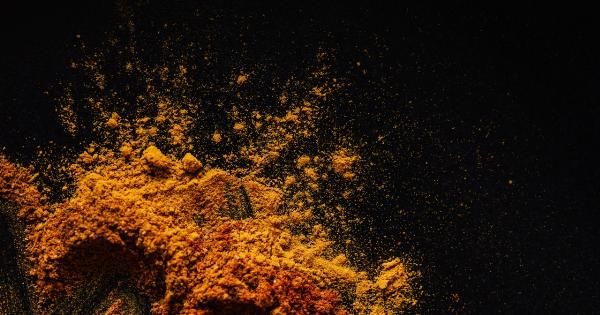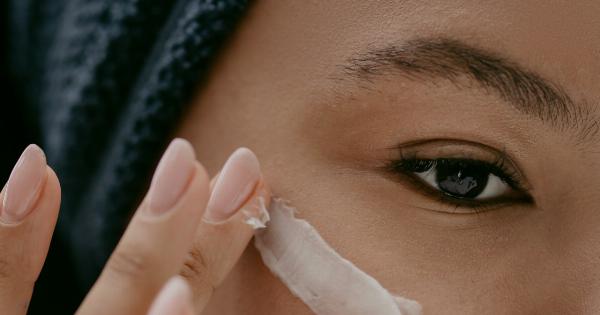Rose water is a versatile and enchanting natural ingredient that has been used for centuries for its amazing properties.
It is commonly known for its pleasing floral aroma and is widely used in various cultures for culinary, medicinal, and cosmetic purposes. This article will delve into the amazing properties of rose water and provide you with a simple recipe to make it at home.
The History of Rose Water
Rose water has a long and rich history, dating back to ancient times. It is believed to have originated in Persia (modern-day Iran) and was highly treasured by the ancient Greeks, Romans, Egyptians, and Arabs.
These civilizations used rose water for a wide range of purposes, including beauty rituals, religious ceremonies, and culinary delights.
The Distillation Process
Rose water is typically made through a distillation process, which involves extracting the natural essence of roses. The most common roses used for distillation are the Damask rose (Rosa damascena) and the cabbage rose (Rosa centifolia).
The petals of these roses are carefully harvested and distilled to obtain the precious rose water.
Benefits of Rose Water for Skin
Rose water is renowned for its numerous benefits for the skin. Its natural properties make it suitable for all skin types, including sensitive and aging skin. Here are some of the amazing benefits of rose water for the skin:.
1. Hydrates and Moisturizes
Rose water is an excellent natural moisturizer that helps to hydrate and revitalize the skin. It has the ability to soothe dry and flaky skin, providing instant relief and leaving it feeling soft and supple.
2. Balances pH Levels
The pH level of our skin is important in maintaining a healthy complexion. Rose water has a slightly acidic pH, which helps to balance the skin’s pH levels. This, in turn, reduces excess oil production and prevents acne breakouts.
3. Soothes Irritation and Redness
Thanks to its anti-inflammatory properties, rose water is effective in soothing irritation and reducing redness. It can be used to alleviate various skin conditions, including eczema, rosacea, and sunburn.
4. Tightens Pores
One of the incredible properties of rose water is its ability to tighten and minimize the appearance of pores. It acts as a gentle astringent, removing excess oil and impurities from the skin, thereby making the pores appear smaller.
5. Fights Aging Signs
Rose water is rich in antioxidants that help protect the skin from free radicals, which can cause premature aging. It helps to firm up the skin and reduce the appearance of fine lines and wrinkles, promoting a youthful complexion.
Benefits of Rose Water for Hair
In addition to its marvelous effects on the skin, rose water also offers numerous benefits for the hair. Here are some ways in which rose water can enhance your hair health:.
1. Nourishes the Scalp
Rose water is an excellent natural tonic for the scalp. It nourishes and hydrates the scalp, promoting a healthy environment for hair growth and preventing dryness and dandruff.
2. Adds Shine and Softness
If you desire soft and shiny hair, rose water can be a game-changer. It helps to improve the hair’s moisture retention, lending it a beautiful luster and making it more manageable.
3. Soothes Itchy Scalp
For those who suffer from an itchy and irritated scalp, rose water can provide soothing relief. It has anti-inflammatory properties that calm the scalp and reduce itchiness.
4. Enhances Hair Fragrance
With its delightful and captivating scent, rose water can be used as a natural fragrance for your hair. Its subtle aroma lingers throughout the day, leaving your tresses smelling fresh and floral.
How to Make Rose Water at Home
Making rose water at home is a simple and rewarding process. Here is a step-by-step guide to help you create your own homemade rose water:.
1. Gather Your Ingredients
You will need:.
– Fresh rose petals (preferably organic).
– Distilled water.
– A large pot with a lid.
– A heat-resistant bowl.
– Ice cubes.
2. Rinse the Rose Petals
Thoroughly rinse the rose petals to remove any dirt or residue. This is important if you are using petals from your own garden or buying them from a source that may have used pesticides.
3. Prepare the Pot
Place the rose petals in the pot and pour enough distilled water to cover them. Make sure the pot is large enough to accommodate the petals and water without overflowing.
4. Boil the Rose Petals
Bring the water to a gentle boil over medium heat. Once it starts boiling, reduce the heat to low and cover the pot with a lid. Let the petals simmer for about 30-45 minutes.
5. Collect the Rose Water
Set the heat-resistant bowl inside the pot, floating on top of the water. Make sure the bowl is smaller than the pot’s diameter so that it fits securely. Place the lid of the pot upside down, and fill it with ice cubes.
6. Condensation Process
The steam from the boiled rose petals will hit the cold lid, causing condensation to form. As the condensation accumulates, it will drip down and collect in the bowl, creating your homemade rose water.
7. Pour and Store
Carefully pour the rose water from the bowl into a sterilized glass bottle or container. Store it in a cool, dark place to maintain its freshness and potency.
Using Rose Water
Once you have your homemade rose water, there are numerous ways to incorporate it into your beauty routine. Here are some ideas:.
1. Facial Toner
After cleansing your face, apply rose water using a cotton pad or mist it directly onto your skin. This will help to tone and refresh your complexion.
2. Makeup Remover
Soak a cotton pad with rose water and gently swipe away your makeup. Rose water will effectively remove impurities while leaving your skin hydrated and nourished.
3. Hair Rinse
Add rose water to your final hair rinse after shampooing and conditioning. It will leave your hair smelling divine and give it a natural shine.
4. Bath Soak
Add a few tablespoons of rose water to your bathwater for a luxurious and soothing experience. It will hydrate your skin and leave it delicately scented.
Conclusion
Rose water is a truly remarkable ingredient with a myriad of benefits for the skin and hair. From hydrating and moisturizing to soothing irritation and enhancing fragrance, rose water is a versatile and timeless beauty secret.
By making your own rose water at home, you can experience its enchanting properties while adding a touch of luxury to your daily routine.

